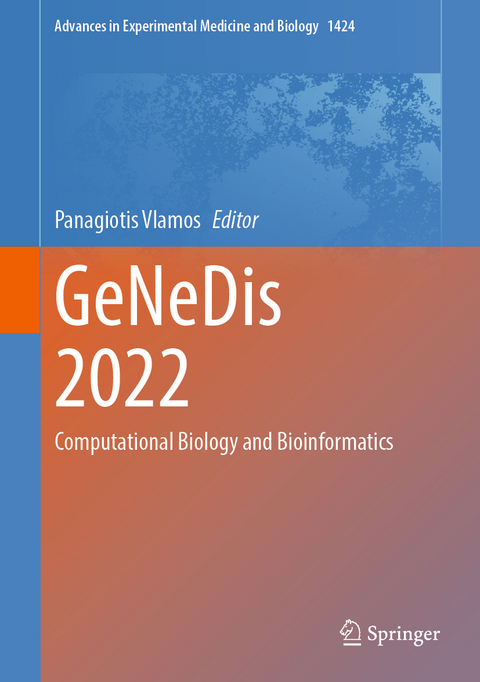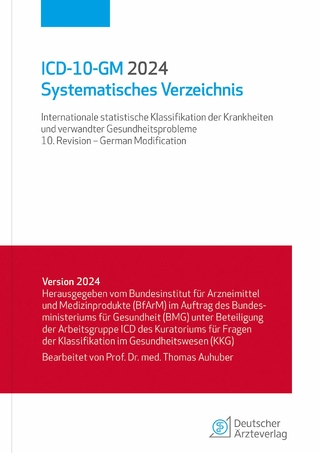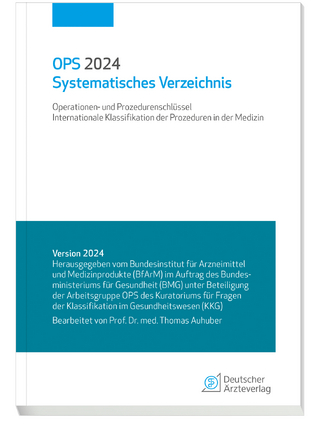
GeNeDis 2022
Springer International Publishing (Verlag)
978-3-031-31981-5 (ISBN)
Professor Panagiotis Vlamos is the Chairman of the University Research Centre and Director of the Bioinformatics and Human Electrophysiology Laboratory (BiHELab) of the Ionian University. His main research interests are Mathematical Modelling, Bioinformatics and Computational Neuroscience.
1-Digging for Significant Genes in Microarray Expression Data Based on Systematic Sampling and Hierarchal Clustering Algorithm.- 2-A DSS for predicting Lymphoma in primary Sjogren's Syndrome patients.- 3-Decision Support System for Breast Cancer Detection Using Biomarker Indicators.- 4-Hepatocellular Carcinoma Detection Using Machine Learning Techniques.- 5-Web-based Decision Support System for Coronary Heart Disease Diagnosis.- 6-A Decision Support System for the Prediction of Drug Predisposition through Personality Traits.- 7-Development of a diagnostic tool for balance disorders based on machine learning techniques.- 8-Systems Approaches in the Common Metabolomics in Acute Lymphoblastic Leukemia and Rhabdomyosarcoma Cells: A Computational Approach.- 9-Bioinformatics Analyses of Spatial Peripheral Circadian Clock-Mediated Gene Expression of lucocorticoid Receptor-related Genes.- 10-Machine Learning for Autistic Spectrum Disorder Risk Screening.- 11-Mobile Application for Monitoring and Preventing Cognitive Decline through Lifestyle Intervention.- 12-Virtual Reality Zoo Therapy for Alzheimer's Disease Using Real-time Gesture Recognition.- 13-Validation of the Greek Version of Social Media Disorder Scale.- 14-Adiponectin and its Effects on Acute Leukemia Cells: An Experimental and Bioinformatics Approach.- 15-Nature and quantum inspired procedures - a short literature review.- 16-Handling the cellular complex systems in Alzheimer's disease through a graph mining approach.- 17-Debunking the neuromyth of learning style.- 18-Expert characteristics: implications for expert systems.- 19-Improving the Run-Time of Space E cient n-gram Data Structures using Apache Spark.- 20-Development of a protein biochip platform for Parkinson's disease.- 21-The Cultural adaptation of the iSupportDementia in Greece.- 22-The use of data collection and big data analysis in Neurodegenerative disease prevention.- 23-Fractal Dynamics in the RR Interval of Craniopharyngioma and Adrenal Tumor in Adolescence.- 24-Bioinformatics approaches for Parkinson's disease in clinical practice: Data- driven biomarkers and pharmacological treatment.- 25-Emerging Machine Learning techniques for modelling cellular complex systems in Alzheimer's disease.- 26-Cognitive Enhancement Through Mathematical Problem Solving.- 27-Cognitive tasks of an information system for memory training and cognitive enhancement using mobile devices.- 28-An application for exploring visual perception. A pilot neuroeducational study.- 29-Genes Classification Based on Multi Class SVMs with Systematic Sampling and Hierarchical Clustering (SSHC) Algorithm.- 30-Multinetwork motor learning as a model for dance in neurorehabilitation.- 31-Controlling the chimera form in the Leaky Integrate-and-Fire model.- 32-Qualitative differences between the Semi-separable and the "Almansi type" Stokes stream function expansions in the study of biological fluids.- 33-A multiscale mathematical model for tumor growth, incorporating theGLUT1 expression.
| Erscheinungsdatum | 26.07.2023 |
|---|---|
| Reihe/Serie | Advances in Experimental Medicine and Biology |
| Zusatzinfo | XII, 315 p. 83 illus., 67 illus. in color. |
| Verlagsort | Cham |
| Sprache | englisch |
| Maße | 178 x 254 mm |
| Gewicht | 803 g |
| Themenwelt | Informatik ► Weitere Themen ► Bioinformatik |
| Mathematik / Informatik ► Mathematik ► Angewandte Mathematik | |
| Medizin / Pharmazie ► Physiotherapie / Ergotherapie ► Orthopädie | |
| Naturwissenschaften ► Biologie ► Genetik / Molekularbiologie | |
| Technik ► Medizintechnik | |
| Schlagworte | cancer overexpression • Compensator Network Tumor Growth • Disease Biomarkers • eougebinucs • Formal models Biological Systems • Genome • health diet lifestyle optimism • nanotechnology • Neurofeedback Training Algorithmic Thinking • neuronal network activity neocortex • predictive bioinformatics tools • Quantum Inspired GVNS • Quantum Key Distribution Protocols • quantum membrane automata • restricted quantum membrane automata • training psychiatrist leaders • Transtheoretical Model Change Counseling |
| ISBN-10 | 3-031-31981-8 / 3031319818 |
| ISBN-13 | 978-3-031-31981-5 / 9783031319815 |
| Zustand | Neuware |
| Haben Sie eine Frage zum Produkt? |
aus dem Bereich


